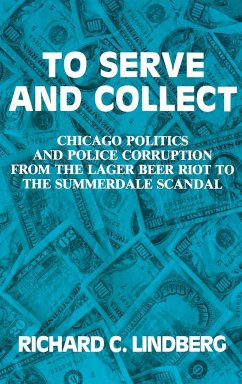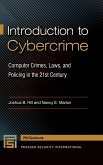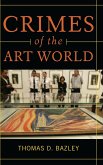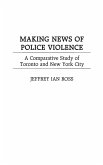In this serious yet entertaining book, historian Richard Carl Lindberg probes unexplored avenues of Chicago history and presents the first in-depth history of the Chicago Police Department in over a century. The book traces the stormy history of the department from the 1850s to the Summerdale Scandal of the near present. Interspersed with the major chapters about the chaotic struggle between reform and the machine are short, intimate vignettes: the Armory Station, a gray, somber fortress that housed some of Chicago's most desperate characters for over thirty years; Francis O'Neill, Chicago's turn-of-the-century police chief who collected Irish folk songs and transcribed them into sheet music; the first fingerprint conviction in Cook County in which a man paid the ultimate price; and a retrospective look at some of the most infamous murder cases of the century and how the police solved them. Lindberg discusses the tie between politics, organized crime, vice, and the police department. He presents a history of Chicago politics and law enforcement in chronological order and recounts pivotal events in Chicago history in the police context. The book reveals how police corruption in Chicago was the result of the political drag on the department; the pernicious influence of meddling aldermen and vice operatives that prevented the police from carrying out their sworn duties in a forthright manner. Lindberg examines the lack of central authority over the police department; police superintendents were traditionally weak, subservient figures to the mayor, unable, and often unwilling to exercise control over the bureaucracy. Students and scholars of history, criminal justice, Chicago history, and law enforcement will find To Serve and Collect provocative reading.
Hinweis: Dieser Artikel kann nur an eine deutsche Lieferadresse ausgeliefert werden.
Hinweis: Dieser Artikel kann nur an eine deutsche Lieferadresse ausgeliefert werden.








